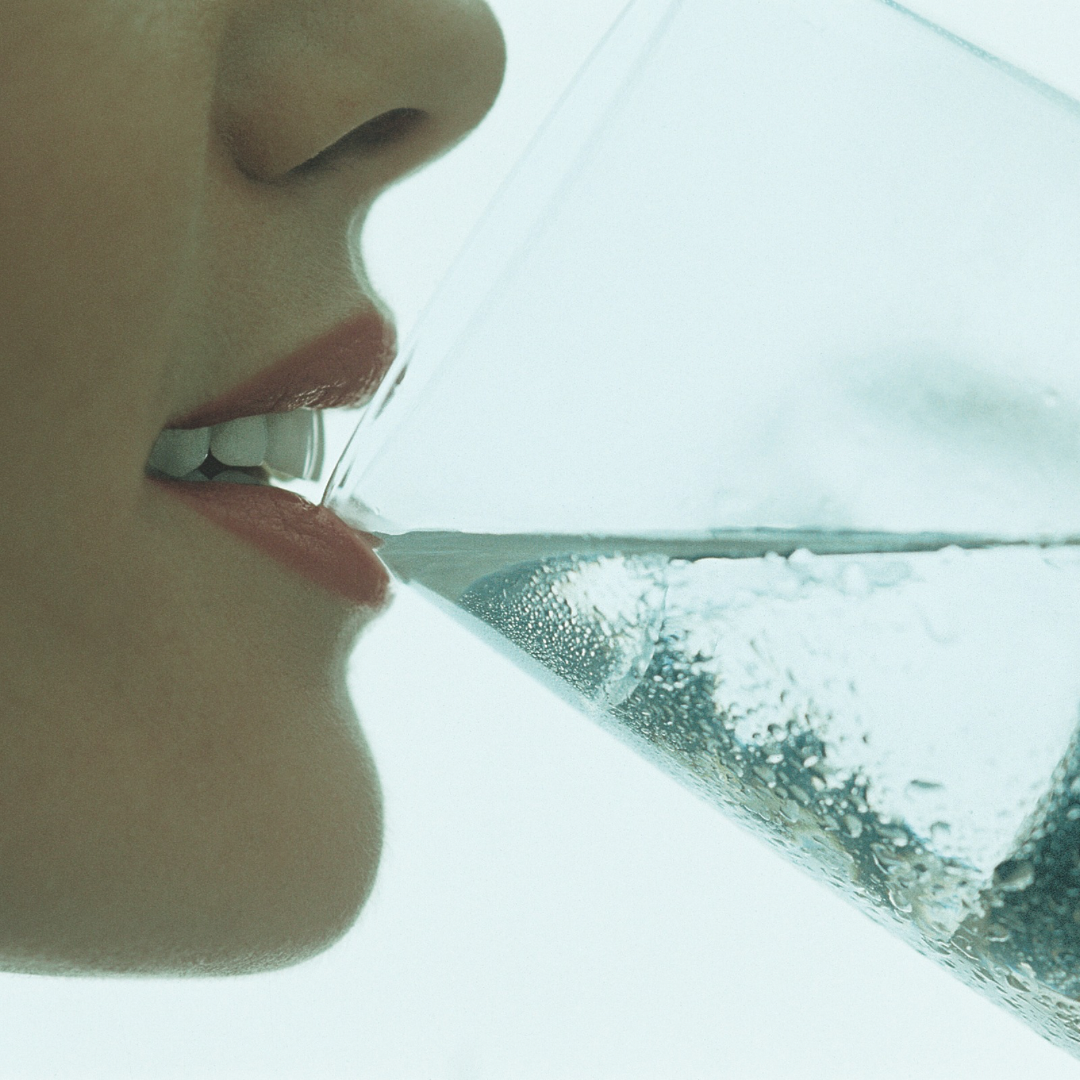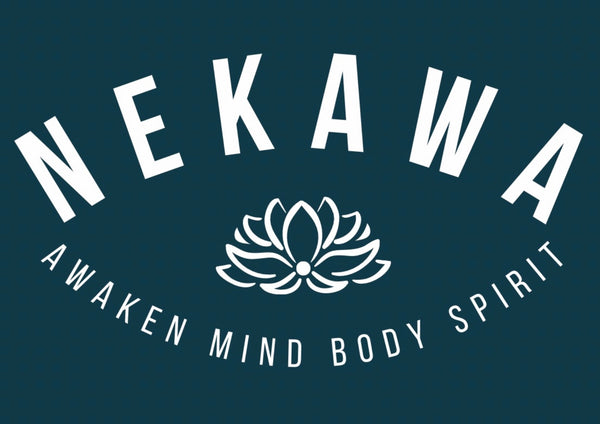
Why Do I Really Need Water?
Share
Water is far more than just a drink; it’s the foundation of our bodies and crucial for nearly every function. We’re made up of around 60% water, and this essential component powers processes from brain activity to digestion. Though often overshadowed by nutrients like proteins, fats, and carbohydrates, water is vital to health, resilience, and performance.
One of water’s essential roles is enabling nerve conduction, the basis for nearly all physical and mental activities. Electrical impulses travel through a water-rich environment in our nerves, with ions like sodium and potassium moving across cell membranes. Without sufficient water, nerve conduction slows, impairing cognitive and physical function. For mental clarity and a stable mood, steady hydration is key. Studies show that even mild dehydration (a loss of 1–2% body weight in water) can negatively impact memory, attention, and reaction time, which is why adequate hydration is so essential.
Water is vital for digestion at every stage. Saliva, digestive enzymes, and stomach acid all rely on it, as does the movement of food through the digestive tract. Insufficient water can lead to constipation and reduce nutrient absorption. Drinking small amounts with meals and throughout the day — instead of large quantities at once — supports digestive health.
💦 Water as a Temperature Regulator
Our bodies rely on water to keep us cool. Sweating helps dissipate heat, while the water surrounding our organs provides a buffer against extreme temperatures. Proper hydration allows our cooling system to function effectively, preventing overheating and chilling. This is especially critical during physical activity or in hot environments, as water loss increases significantly with sweat.
Water nourishes our cells, delivering oxygen and nutrients while removing waste. The kidneys and liver rely on water to filter impurities from the bloodstream, so without adequate hydration, these organs work harder, and our cells lack essential nutrients. This can lead to fatigue, sluggishness, and a reduced immune response.
Physical performance relies on water to keep muscles and joints lubricated and to help the heart pump blood effectively. During exercise, water regulates internal temperature and prevents fatigue, dehydration, and strain. Studies indicate that even mild dehydration can impair physical endurance, coordination, and strength, underlining the need to stay hydrated for optimal performance.
Hydration needs vary, but health organisations provide general recommendations:
- Men: 3.7 litres (about 13 cups) daily, from both food and drink.
- Women: 2.7 litres (about 9 cups) daily from all sources.
Food generally provides about 20% of our water needs, leaving 2.2 litres (9 cups) for women and 3 litres (12 cups) for men to get from drinks. These averages depend on individual factors like size, environment, and activity level.
Some beverages, like coffee, tea, and alcohol, have mild diuretic effects, and additional water may help counterbalance these:
1. Caffeinated Drinks: Caffeine can cause increased urination but does not lead to dehydration in moderate amounts (up to 400 mg or around 3–4 cups of coffee daily). If you consume higher levels or are sensitive to caffeine, drinking an extra glass of water can help.
2. Soft Drinks: These don’t cause dehydration directly but often contain high amounts of sugar, which may contribute to thirst and dehydration in some cases. Pairing soft drinks with a glass of water can help balance this effect.
3. Alcohol: Alcohol significantly increases urine production, leading to dehydration if consumed without additional water. Drinking at least one glass of water per alcoholic drink is recommended, with many experts suggesting a glass and a half to counteract alcohol’s effects.
A simple way to assess hydration is to monitor urine colour — pale yellow typically indicates good hydration, while dark yellow can be a sign of dehydration.
Water is essential for every function in our body. From nerve conduction to digestion, thermoregulation to cellular health, water’s roles are vast and essential. Embracing our "tidal" nature, we can think of hydration as a continuous process, listening to our bodies’ cues and adjusting for caffeine, sugar, and alcohol as needed. With adequate hydration, we support both mental clarity and physical resilience, laying the foundation for overall well-being.
